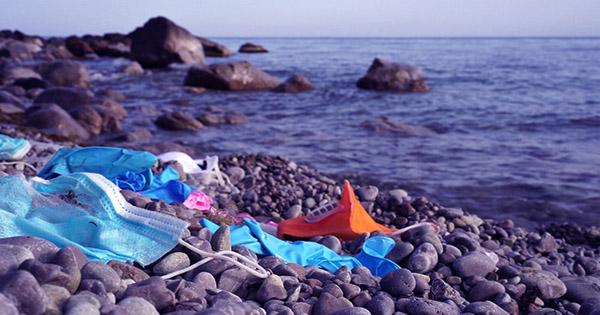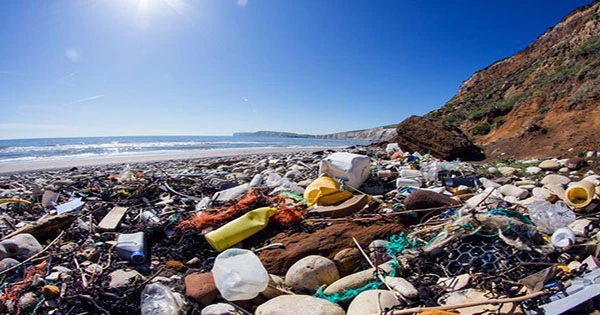If you flush wet wipes down the toilet, they’re likely to find up on a beach, where they’ll be packed with faecal germs and pose a health concern to beachgoers. According to a recent study published in the journal Marine Pollution Bulletin, this is the case. Scientists from the University of Sterling gathered garbage from ten beaches around Scotland’s Firth of Forth estuary and found sewage-associated plastic debris at each one. This featured a disgusting collection of filthy wet wipes, used cotton buds, and sanitary goods that had most certainly been flushed.
After returning to the lab with samples of the flushed garbage, they discovered that they were contaminated with hazardous bacteria often seen in human feces, such as E. coli, enterococci, and Vibrio spp., all of which can cause stomach upsets and serious sickness. They discovered that wet wipes and cotton buds had greater levels of faecal bacteria than natural substrates like seaweed and sand when they compared bacteria levels on plastic rubbish to those on natural substrates like seaweed and sand. This shows that flushed plastic debris is more likely to harbor hazardous bacteria than natural materials found along the beach.

Worse, the germs on the wipes and cotton bud sticks were discovered to have significant levels of antibiotic resistance. Antibiotic resistance had emerged in several of the microorganisms, including amoxicillin, ampicillin, and cephalexin. Professor Richard Quilliam, research author and a Professor of Biological and Environmental Sciences at the University of Stirling, said in a statement, “We all know that sewage trash on our beaches is ugly, but it might also be a concern to public health.”
“Finding faecal bacteria might potentially suggest the presence of other human infections like norovirus, rotavirus, or salmonella,” Rebecca Metcalf, main study author and PhD researcher at the University of Stirling, explained. “While the amount to which individuals may be exposed to these diseases is outside the scope of our research, there’s always the potential of youngsters picking up and playing with wet wipes or other plastic garbage on the beach,” says the researcher.
The study adds to the list of reasons why wet wipes and baby wipes should not be flushed down the toilet, even if their label claims they are “flushable.” Wet wipes can cause serious sewage problems in addition to being a health risk. Wet wipes are thought to account for 93 percent of the debris that causes sewage clogs in the United Kingdom. You may recall the instance of the massive “fatbergs” that clogged the sewers underneath England. A 64-meter-long (210-foot) clump of congealed cooking oil, gelatinous muck, filthy wet wipes, diapers, and sanitary towels was discovered in Devon around Christmas 2018.















